How to Help Hummingbirds in Winter
While most people associate these tiny birds with warm weather and blooming flowers, some hummingbird species, such as Anna’s Hummingbird, remain in certain areas year-round, even through winter. If you're keen on helping these small, resilient birds thrive during the colder months, here are some practical steps to help hummingbirds in Winter.
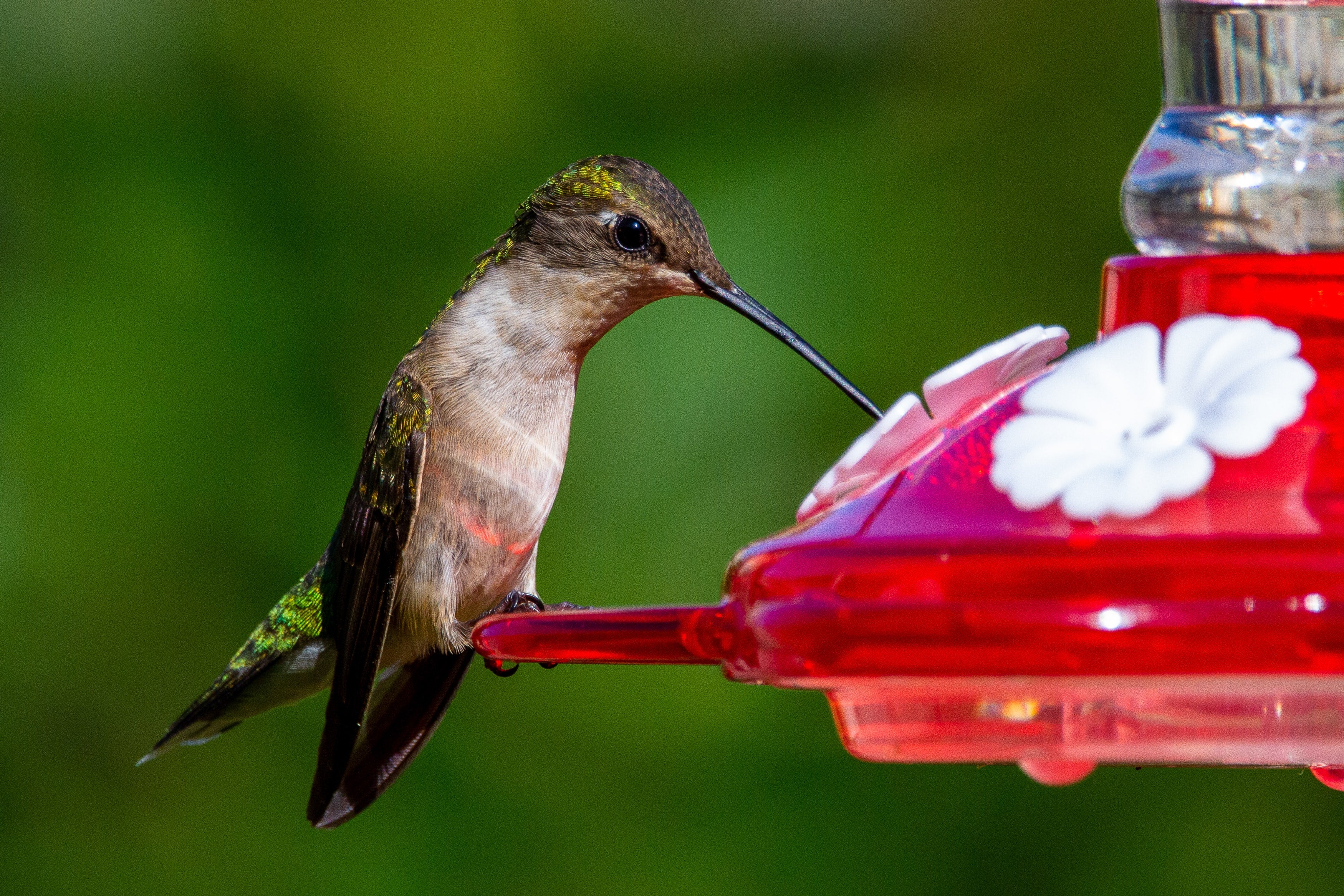
Should You Leave Hummingbird Feeders Out In Winter?
Because many hummingbirds are migratory, the inclination can be to put feeders away during the cold season. However, the consensus is to leave hummingbird feeders out in Winter. You don’t need to worry about the presence of a feeder affecting a hummingbirds migration – according to the National Audobon Society, hummingbirds know when it’s time to migrate because of changes in day length and angle of the sun, and so the availability of nectar doesn’t have an impact.
Leaving out your hummingbird feeder can help hummingbirds that overwinter in your area, in addition to those travelling through.

How to Look After Your Hummingbird Feeder In Winter
We’ve previously discussed how to maintain a bird nectar feeder, but there are more things to take into consideration during the winter.
Cold temperatures during the winter pose a problem for hummingbird feeders, as they could cause feeders to freeze. Here the steps you should take to maintain the feeder during the winter:
1. Carefully Choose the Feeder Location
Exposure to wind might cause feeders to freeze more easily, so bear this in mind when choosing a location for your feeder. A spot that is more sheltered from the wind, such as next to a shed, will help to reduce the chances of the feeder freezing.
2. Help to Keep the Feeder Warm
There are several ways you can help to warm up hummingbird feeders so they don’t freeze, such as:
- Placing them close to an outdoor light
- Installing a heat lamp close by
- Wrapping them in materials such as socks, lagging tape, or a towel.

3. Bring the Feeder Inside at Night
It might be beneficial to bring the feeder inside at night, as this is when temperatures are likely to dip the most. However, hummingbirds usually need food early in the morning, so this is the best strategy if you’re an early riser!
4. Keep the Feeder Clean
While feeders don’t need to be cleaned quite as often as during warmer times, they still should be cleaned at least once every week during the winter to ensure there’s no build up of bacteria.

Can You Provide a Feeder for the Whole Winter?
If you provide a feeder at the start of the winter, hummingbirds may come to rely on your feeder as a food source for the whole season. This means you should only provide a feeder at the onset of winter if you’ll be able to consistently clean and refill it for the duration of winter. This is an important point to bear in mind. Consistency is key.
Providing a clean, full nectar feeder is therefore a great way to help humingbirds in winter, but only if you can provide it all winter long. Shop our Hummingbirds Collection today and we'll donate to environmental nonprofits on your behalf, including Pollinator Partnership. Help us to help them!

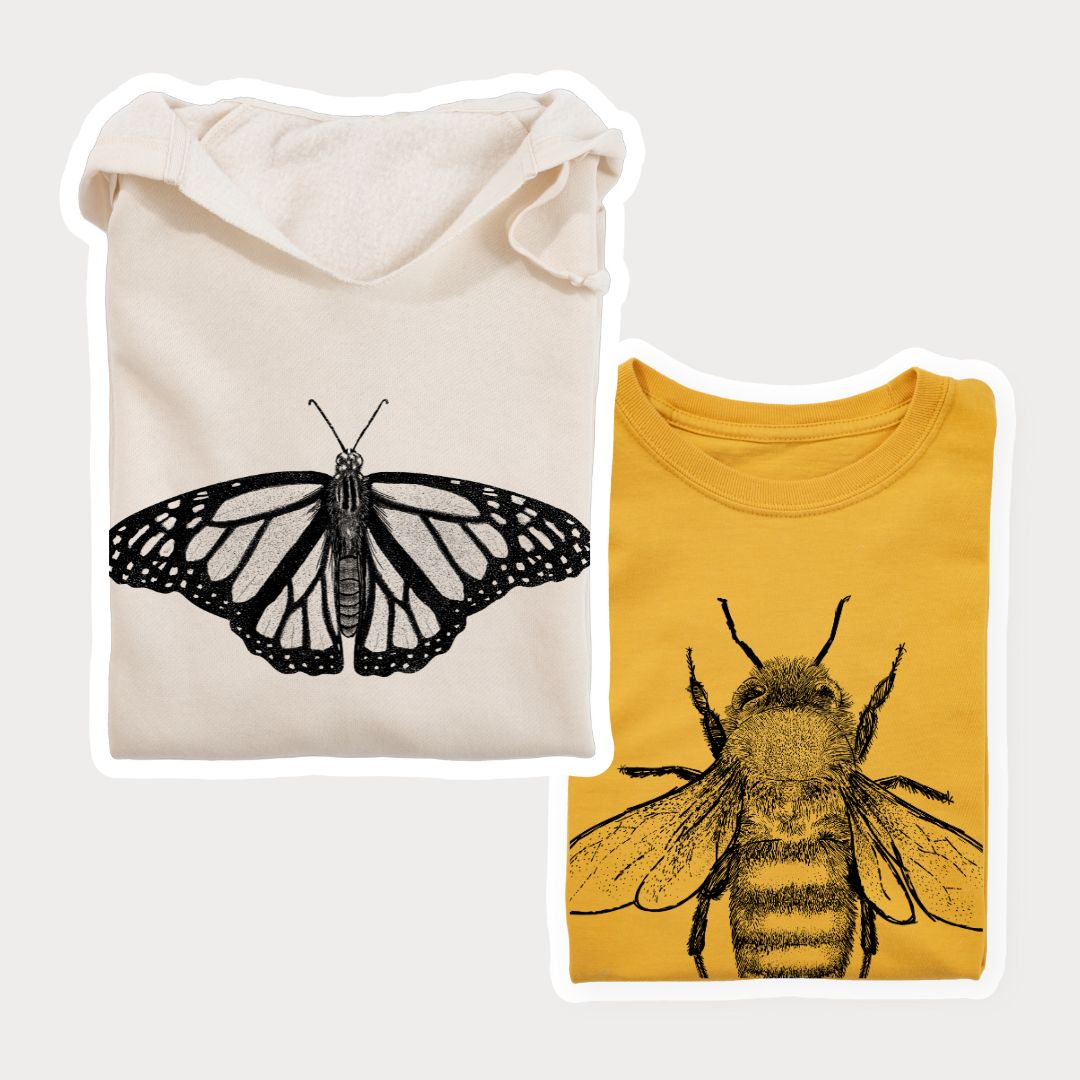

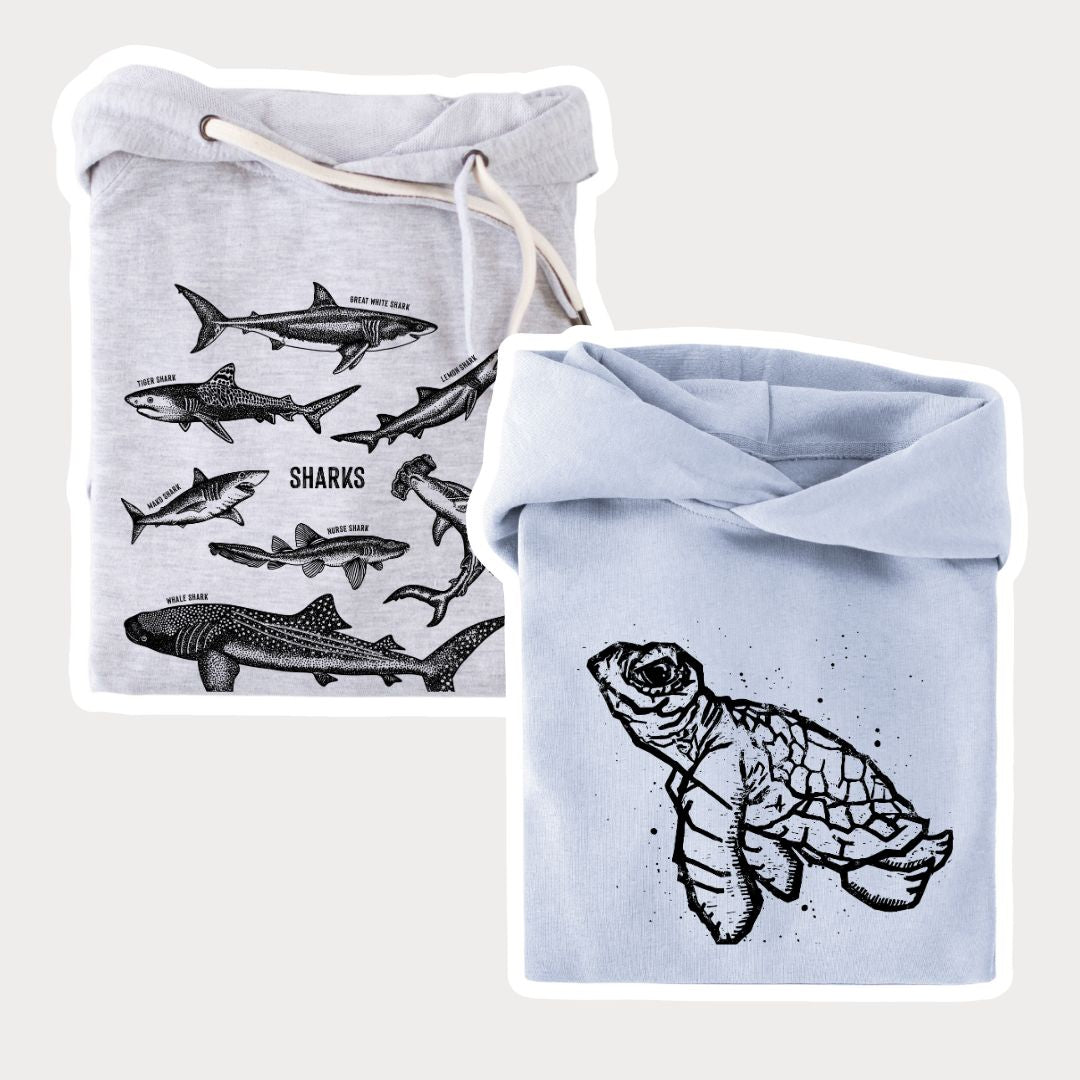
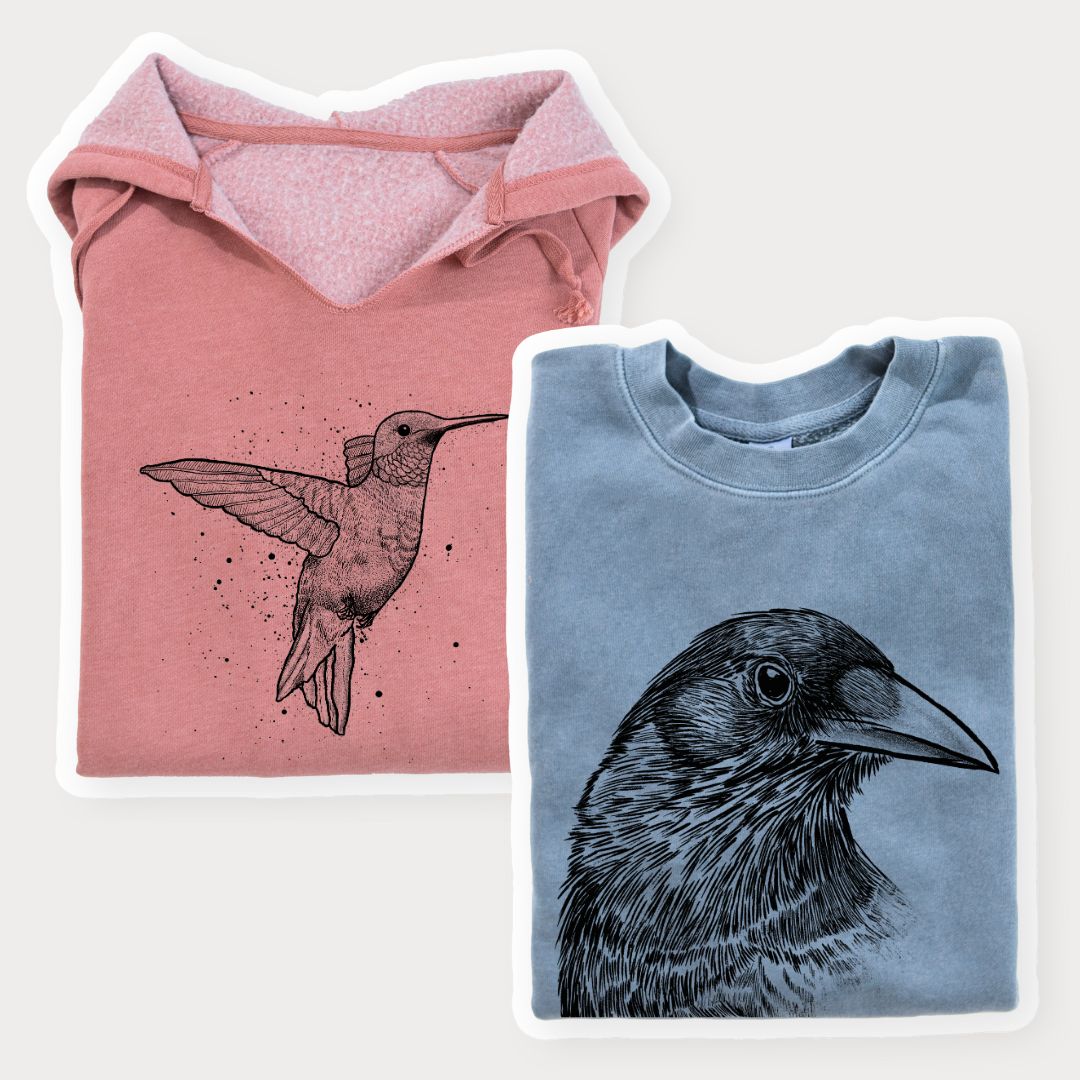
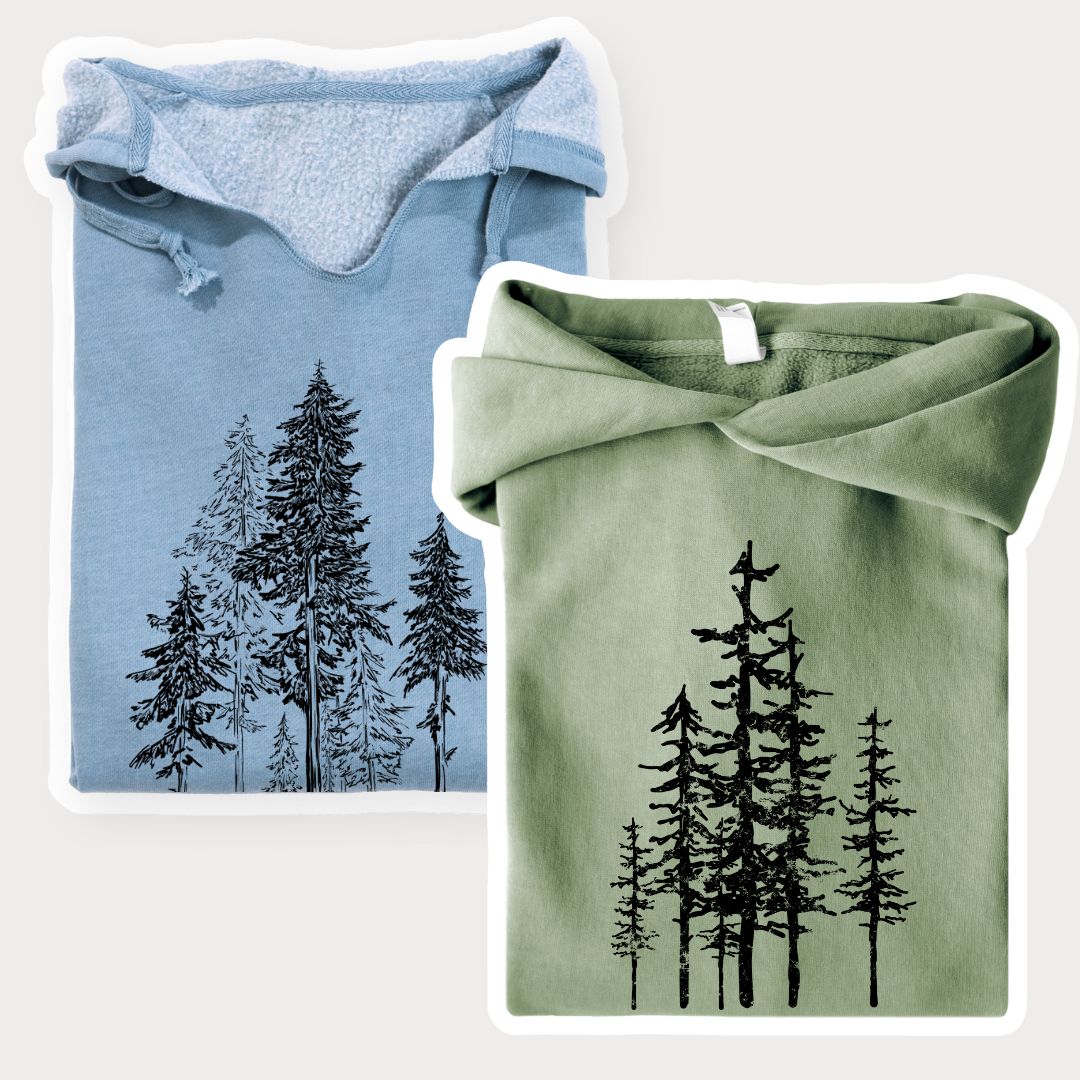
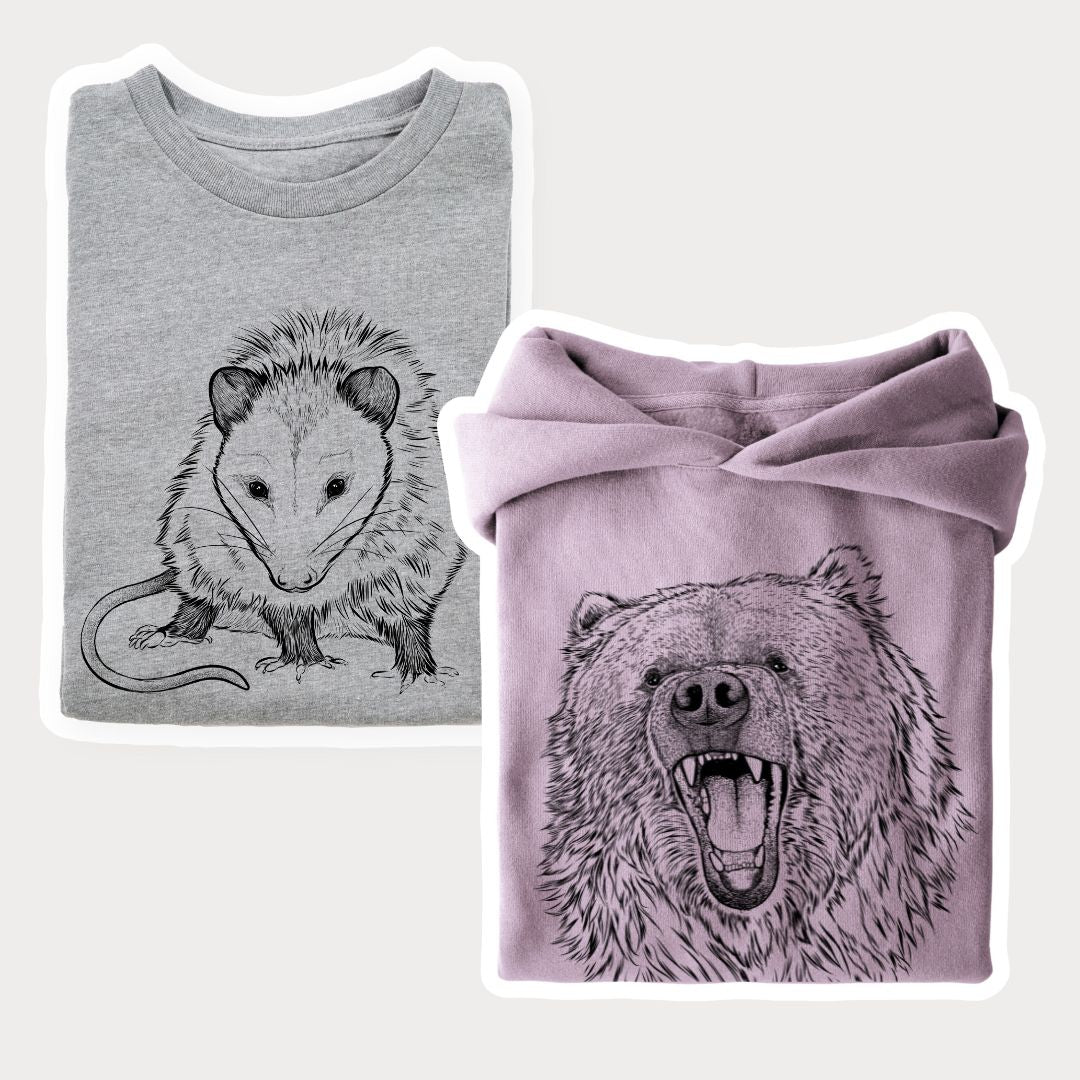


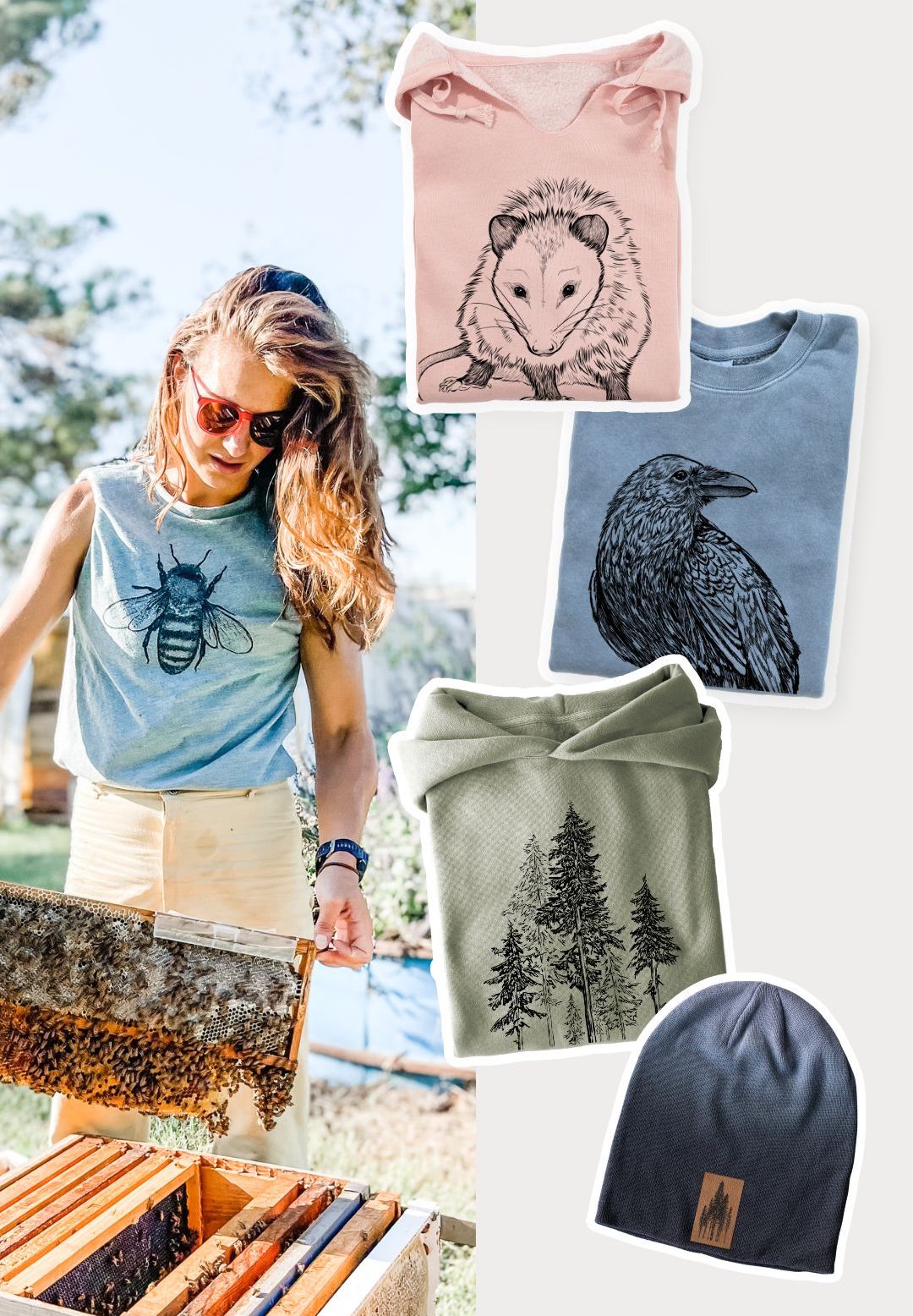

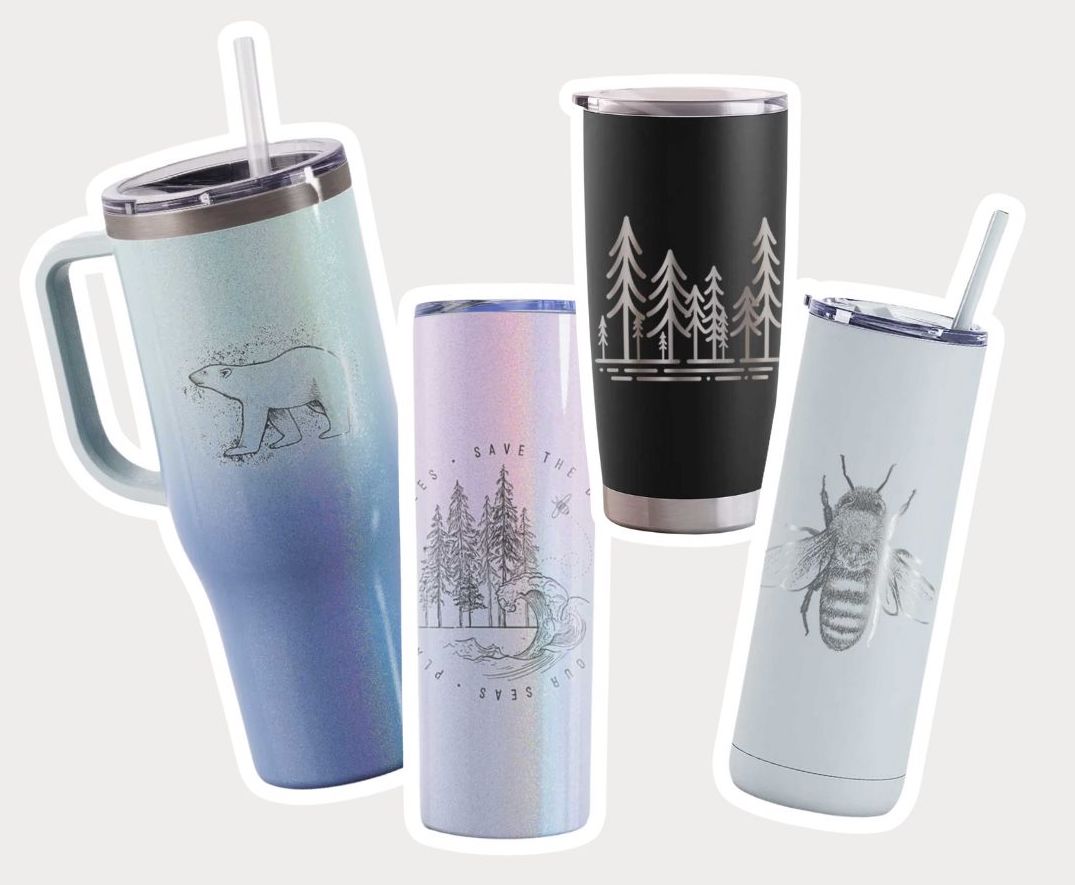

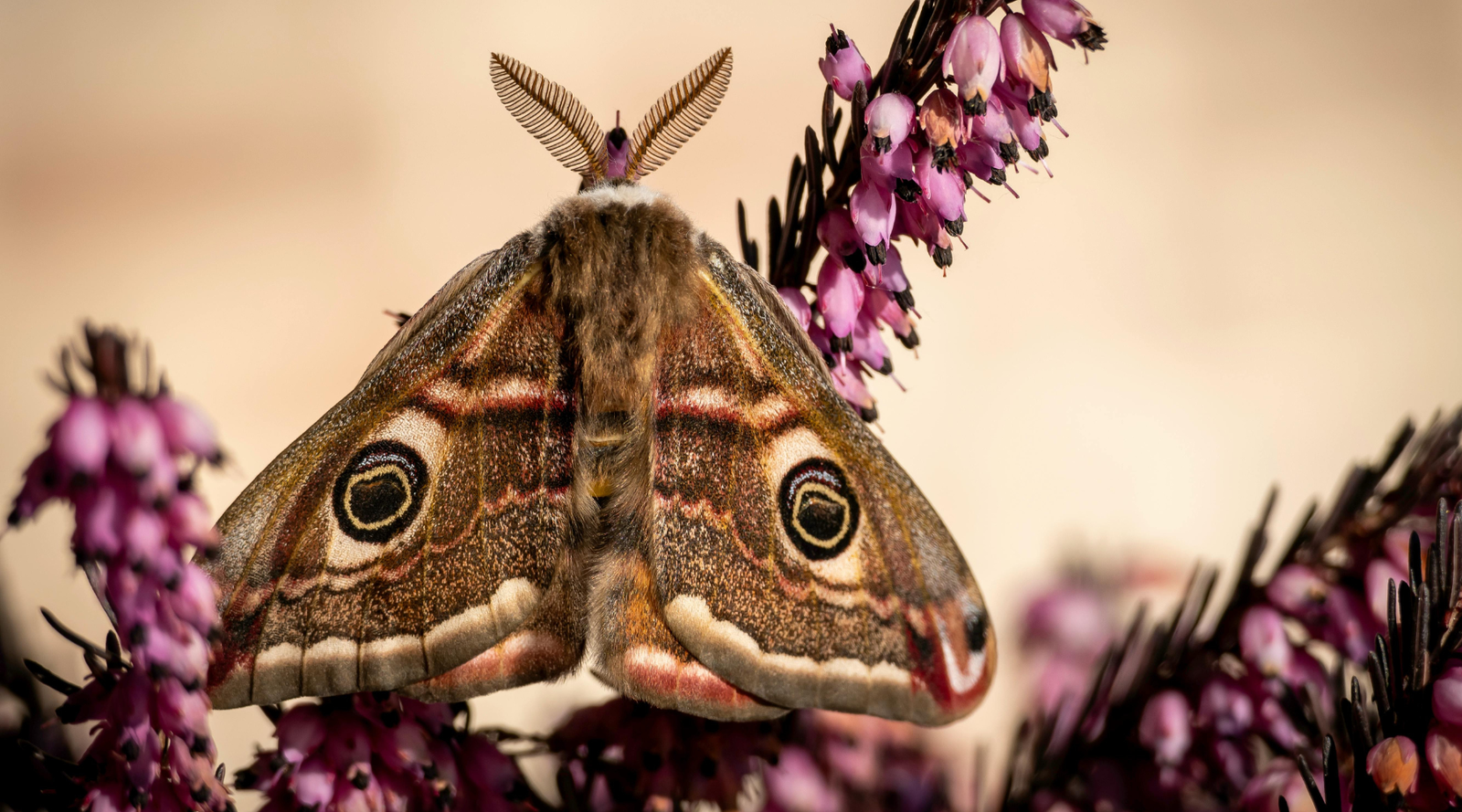
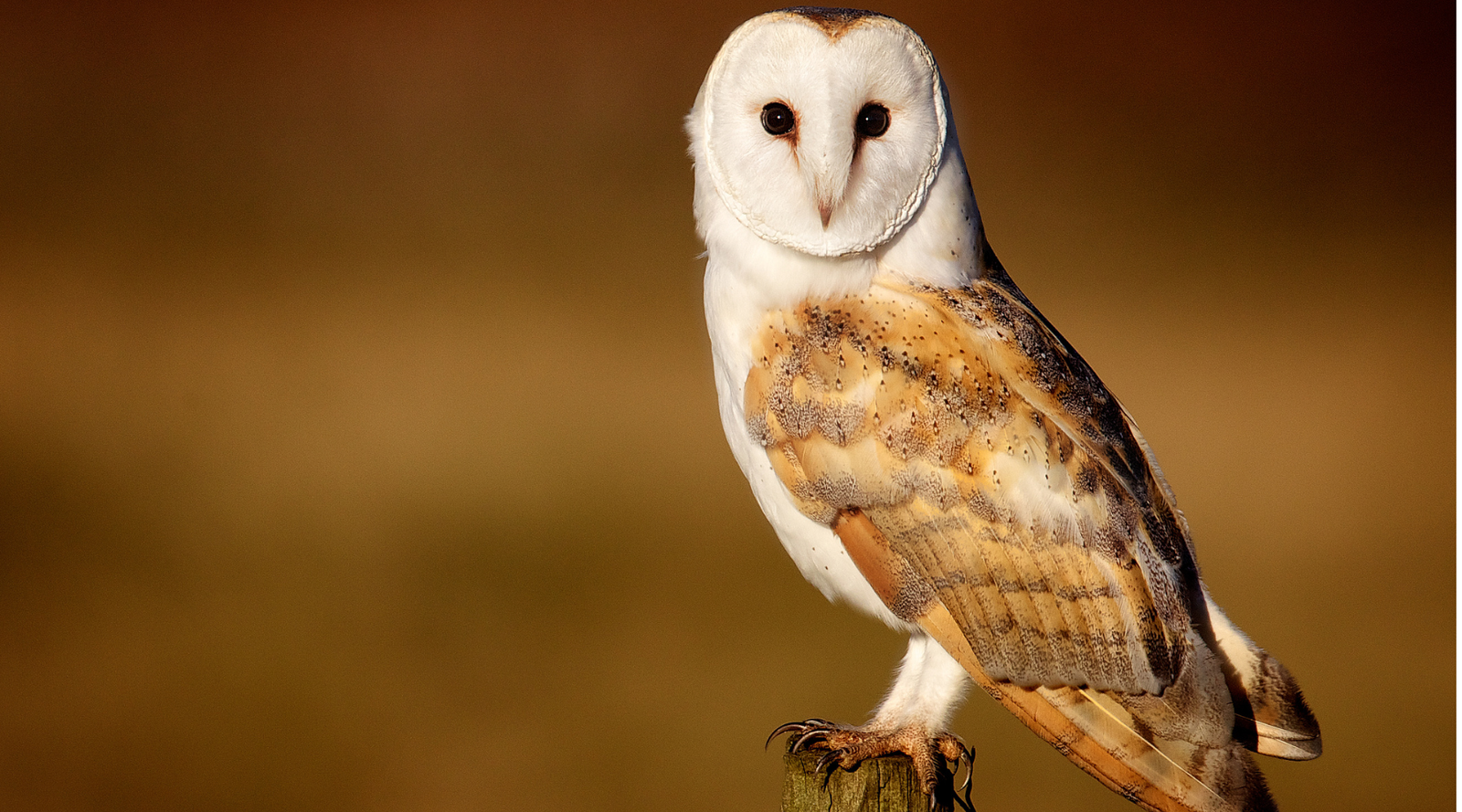
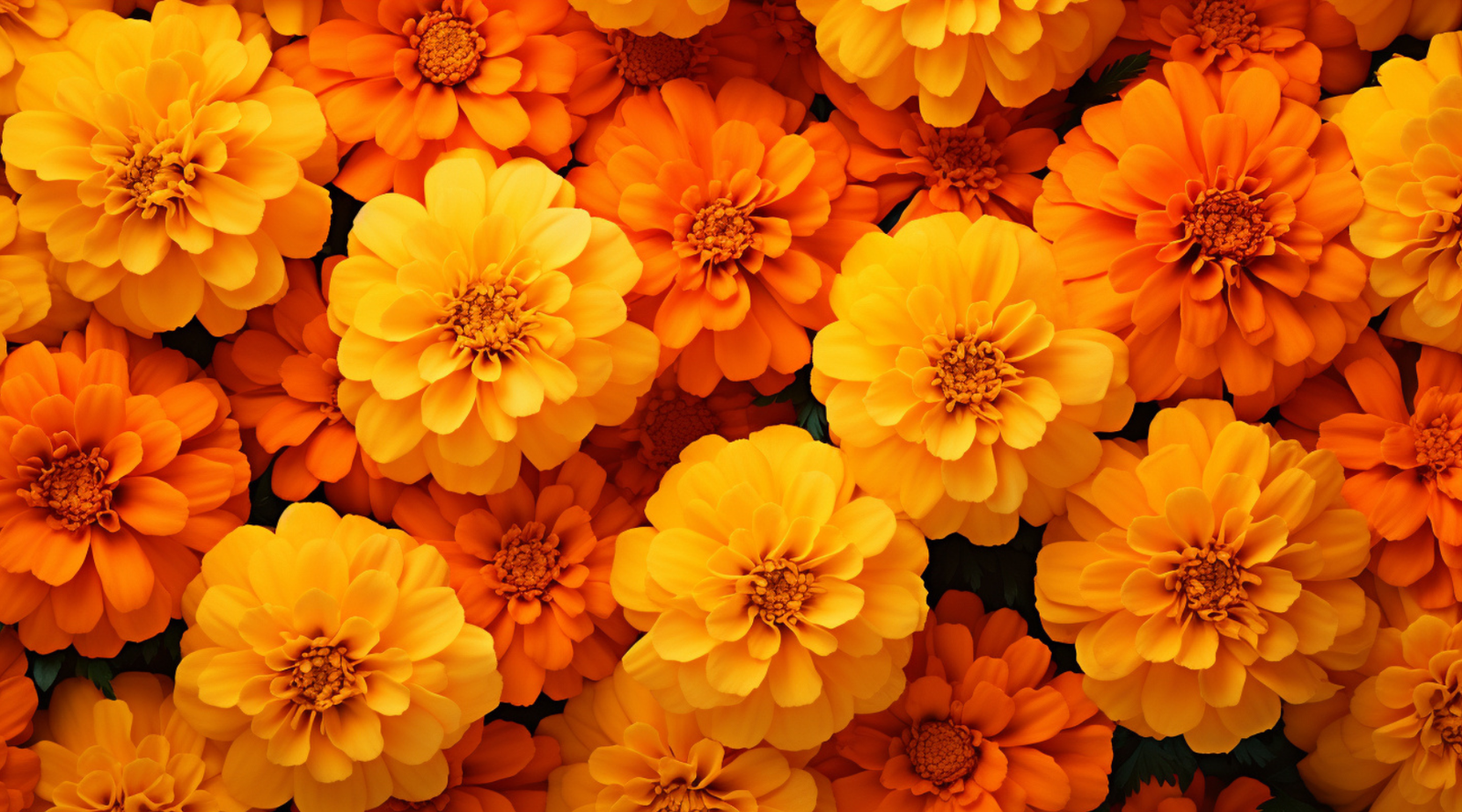
Todd Matthews
December 23, 2025
I got an 18” piece of plumbing heat tape for keeping water pipes from freezing, and I wrapped a feeder with that. I put pipe insulation over the tape. But that keeps the nectar thawed and slightly warm for them to eat when it’s very cold.